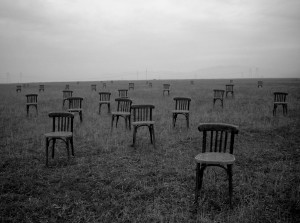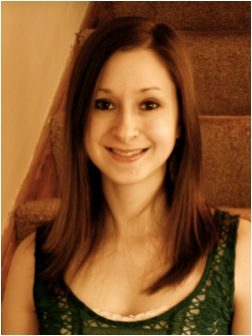 We have all experienced it, that awkward tension between you and the stranger next to you. You and your party are attending a movie and file into a row of your choice, do you sit down next to the person already seated in order to make the most available space for others coming in? Of course not! In fact, they probably have already placed their coat and belongings firmly in the buffer seat in order to prevent anyone from sitting next to them.
We have all experienced it, that awkward tension between you and the stranger next to you. You and your party are attending a movie and file into a row of your choice, do you sit down next to the person already seated in order to make the most available space for others coming in? Of course not! In fact, they probably have already placed their coat and belongings firmly in the buffer seat in order to prevent anyone from sitting next to them.
No one wants to sit next to someone they don’t know. Do you smile, say hello? Or let the tension fester throughout the whole evening, avoiding eye contact at all costs? Oh. The buffer seat.
I have been thinking a lot about this cultural norm lately. And our isolated rituals make me sad.
Even more, this practice is carried into our churches, which is supposed to be a different culture, one that is welcoming and friendly to everyone who walks through the door.
And yet I look around and every family is separated from the next by a buffer seat. An empty chair to keep our insecurities secure.
But it is so easy to remain strangers when the event is lecture formatted. Conversation is limited if present at all. We come to sit and listen and then leave.
One thing I love about yoga is the sense of community you feel in class. There are no buffer seats, especially not in our small “studio”. You get to know the person next to you, as you sweat and stumble and laugh together. It becomes a place for shared experiences and vulnerability. Side by side. Mat to mat. We grow together.
Where, in our culture, do you see our “buffer seat mentality”? Where do you see them easily eliminated? What makes it easier to melt boundaries and associate with new people?






This was very disturbing because it is so true. I am guilty of this in public places. In our churches we need to overcome this by becoming involved in small groups or some project that will get us to work with others and get to know them. We need to think of others instead of just ourselves.
Any type of small group. Not just yoga is a good way to “force” fellowship. When we are given the time and opportunity to get to know those around us, the gap is a little easier to manage.